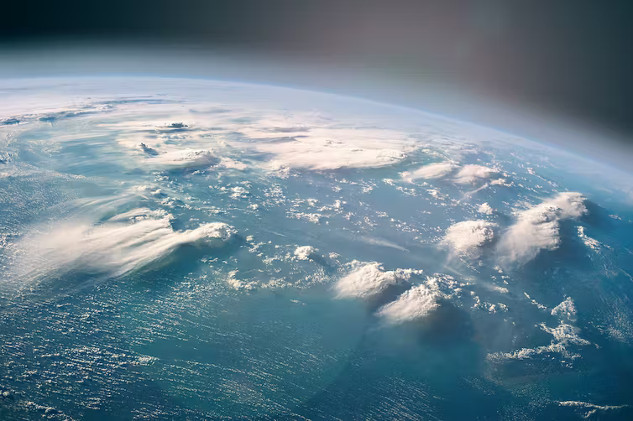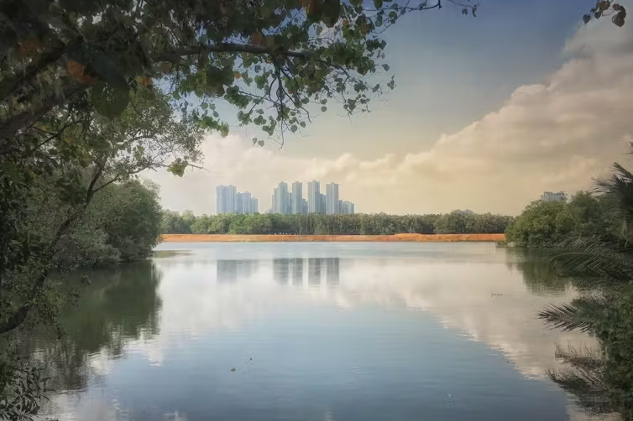
What is transformative change? Another political buzzword? The IPBES defines it as a “fundamental, system-wide reorganisation across technological, economic...

Stock markets signal a growing gap between Canadian and American clean tech firms.
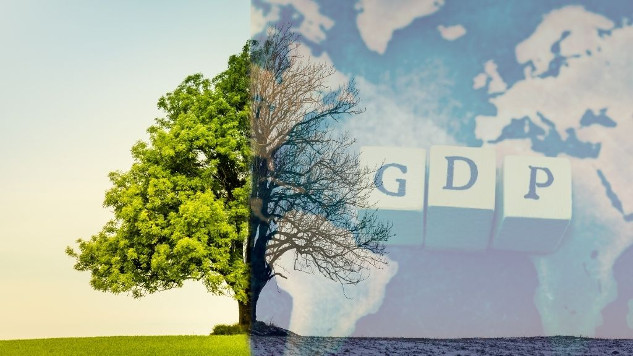
An economist explains: Textbook economics is badly flawed when it comes to climate change...

Who are today’s climate activists? Dispelling 3 big myths for Earth Month...
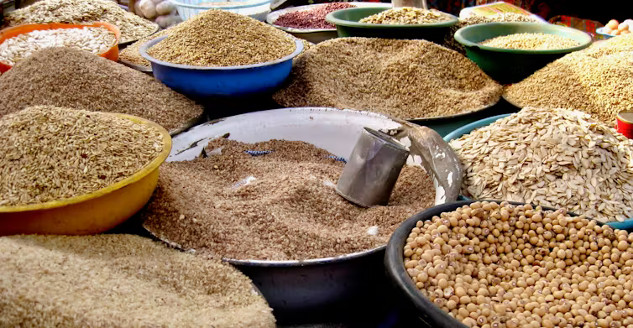
Food prices will climb everywhere as temperatures rise due to climate change – new research

Every day, more children discover they are living in a climate crisis. This makes many children feel sad, anxious, angry, powerless, confused and frightened about what the future holds.

How Florida’s home insurance market became so dysfunctional, so fast
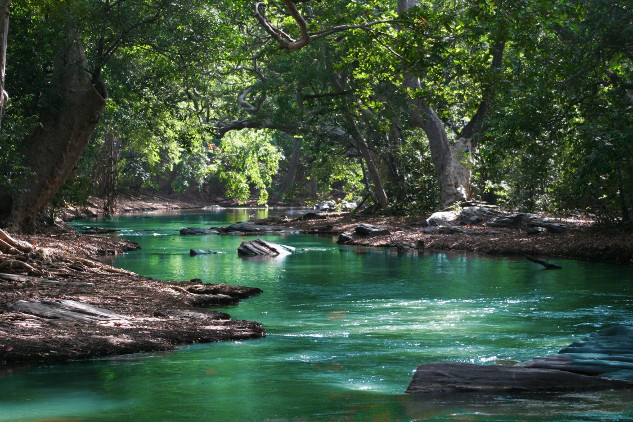
20°C seems the optimal temperature for life on Earth to thrive – what does this mean in a warming world?

In 2000, Nobel Prize-winning atmospheric chemist Paul J. Crutzen proposed that the epoch known as the Holocene, which started some 11,700 years ago, had reached its end.

‘A deeply troubling discovery’: Earth may have already passed the crucial 1.5°C warming limit

Migrants can be a transformative force for sustainable development
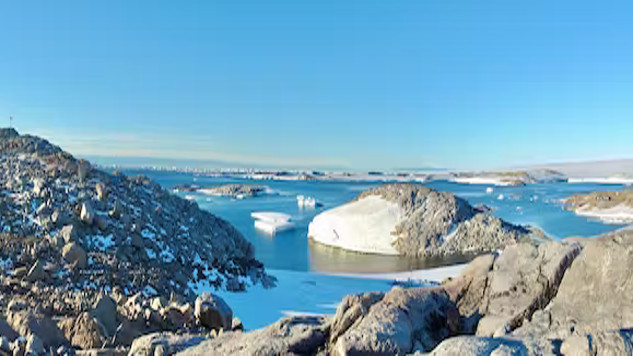
A heatwave in Antarctica totally blew the minds of scientists. They set out to decipher it – and here are the results
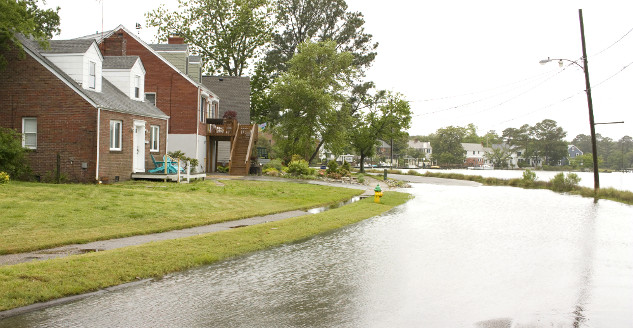
The U.S. East Coast is facing a critical environmental challenge: major cities are experiencing significant land sinking.
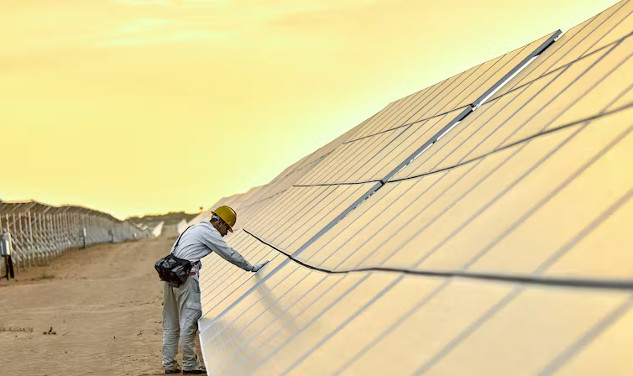
China is the world’s single largest emitter, accounting for 27% of the world’s carbon dioxide and a third of all greenhouse gas emissions.
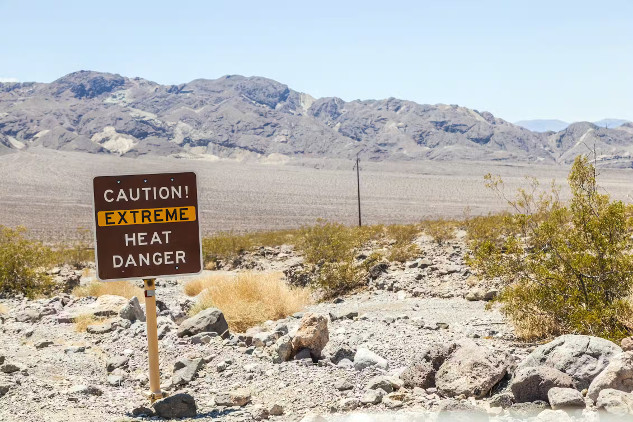
The climate change we caused is here for at least 50,000 years – and probably far longer
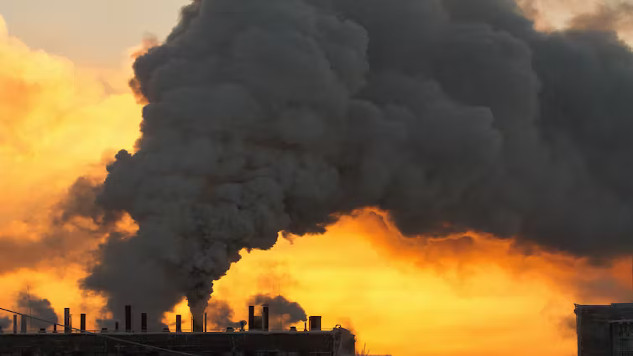
As the latest UN climate change summit (COP28) gets underway in Dubai, conversations around limiting global warming to 1.5°C will confront a harsh reality.
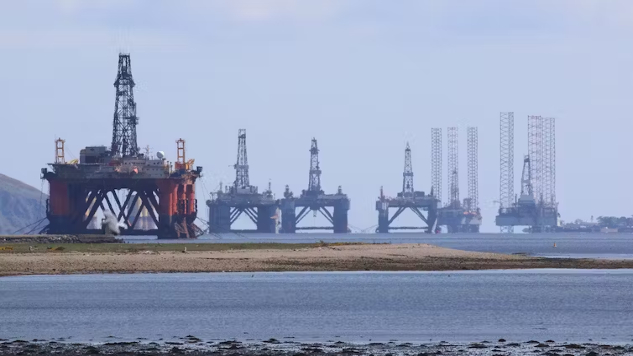
Abandoned oil rigs could scrape carbon from the sky and store it in empty undersea reservoirs

Autumn has finally arrived in the UK following an unusually sunny September. The days are growing shorter, the temperature cooler, and the leaves are changing colour.
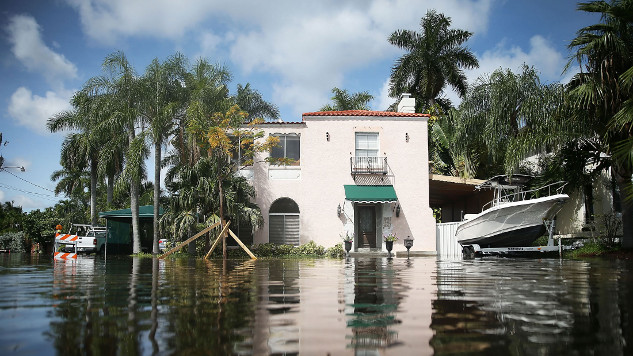
Climate change has emerged as one of the most pressing challenges of our time, bringing with it a cascade of consequences, including extreme weather events that wreak havoc on communities and infrastructure.
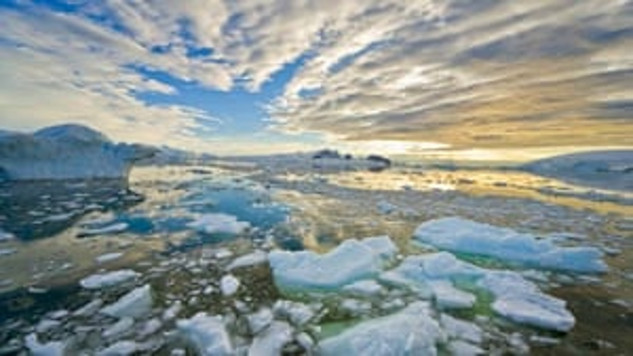
When you hear the word "Antarctica," what comes to mind? A colossal expanse of ice and snow, perhaps a region that could easily fit the United States and Mexico within its borders.
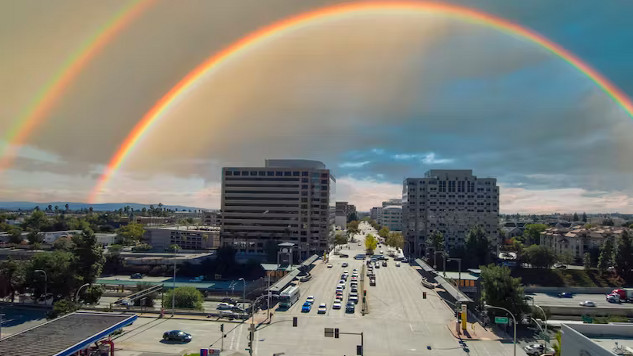
World leaders propose four pivotal strategies to manage the impending climate overshoot, focusing on mitigation, adaptation, carbon removal, and exploring solar radiation management to restore a habitable climate.
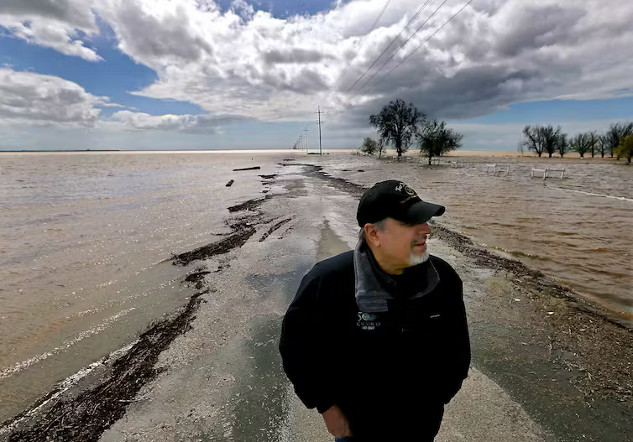
As temperatures rise, the warmer atmosphere can hold more water vapor. Evaporation of water from land and oceans also increases. That water has to eventually come back to land and oceans.

